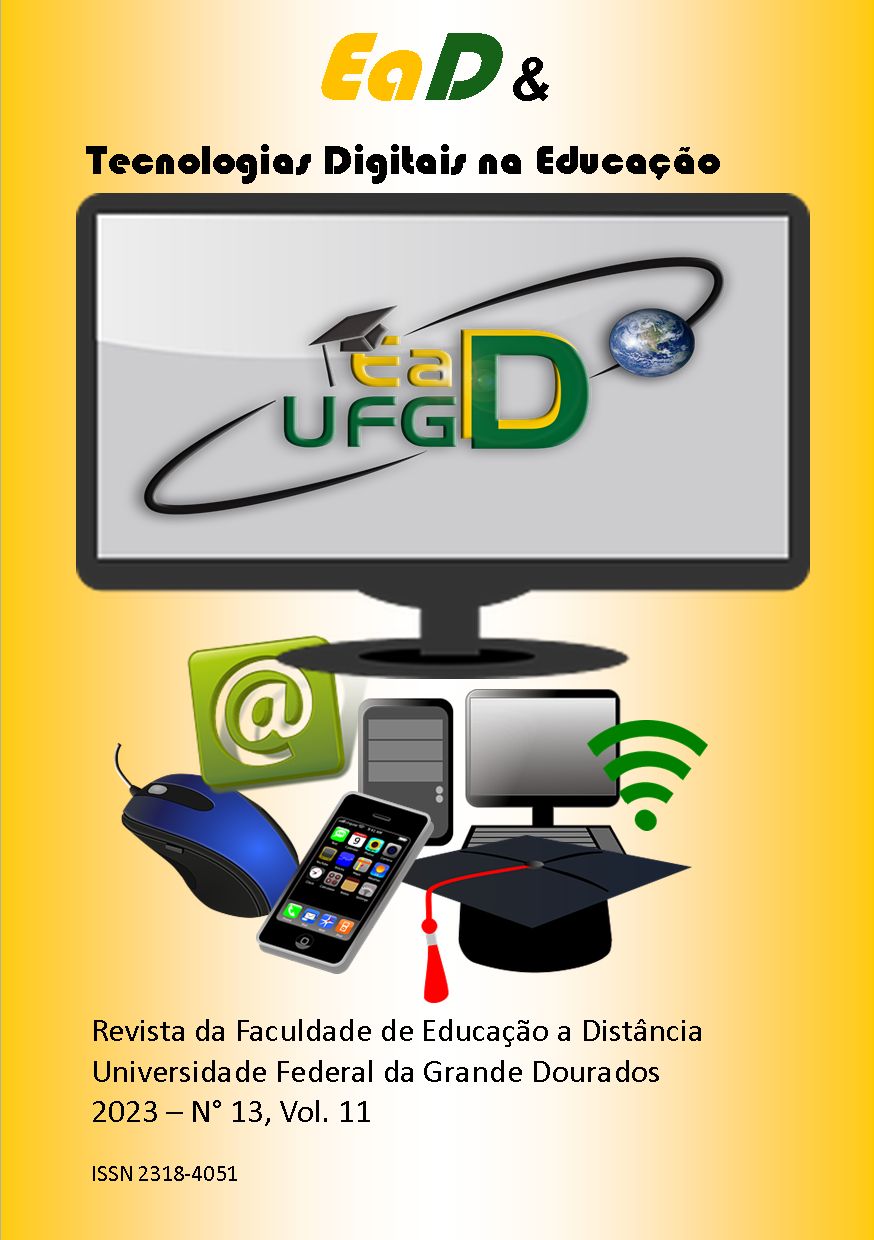Development and validation of InfeQ game as active methodology to learn infectious diseases during medical graduation
DOI:
https://doi.org/10.30612/eadtde.v11i13.17326Keywords:
Infectious Diseases, Medical Education, Mobile ApplicationsAbstract
Health education is always in movement, constant changing over the years and adjusting to new challenges, enabling new generations to learn. Through this journey, new methods were created. We recently crossed the biggest Covid-19 pandemic, which accelerated the processes and advances that unite education and technology. Problem-based learning, communication skills training, and simulation-based learning became part of new graduation curriculum. The aim of this study was to introduce a new method of learning in infectious diseases, using gamification. In this project, a mobile application with game components was developed, as an auxiliary teaching tool in infectious and parasitic diseases for medical school students. Residency test questions were selected and presented as: Sexually Transmitted Infections (N=30), General Infectious Diseases (N=101), Antimicrobials (N=33) and HIV/AIDS (N=30). During playing game evaluation, students answer a cycle of 10 objective questions, where correct answers and response speed for classification parameters, ranking, are measured. At the end, correct answers to the candidates are reached. Estimates were collected from 116 medical students (N=108) and infectious diseases' specialists (N=8), 35.4% of whom were male with a mean age of 25.8 years. Results showed that the application received a good usability evaluation, obtaining an average SUS score equal to 90.5. The mean CVI was 92.2. The game was registered by the National Institute of Industrial Property, under the title InfeQ®.
Downloads
Downloads
Published
Versions
- 2023-09-29 (2)
- 2023-07-15 (1)
How to Cite
Issue
Section
License
Autores que publicam nesta revista concordam com os seguintes termos:
a. Autores mantém os direitos autorais e concedem à revista o direito de primeira publicação, com o trabalho simultaneamente licenciado sob a Creative Commons Atribuição-NãoComercial-CompartilhaIgual 3.0 Brasil que permitindo o compartilhamento do trabalho com reconhecimento da autoria do trabalho e publicação inicial nesta revista.
b. Autores têm autorização para assumir contratos adicionais separadamente, para distribuição não-exclusiva da versão do trabalho publicada nesta revista (ex.: publicar em repositório institucional ou como capítulo de livro), com reconhecimento de autoria e publicação inicial nesta revista.
c. Autores têm permissão e são estimulados a publicar e distribuir seu trabalho online (ex.: em repositórios institucionais ou na sua página pessoal) a qualquer ponto antes ou durante o processo editorial, já que isso pode gerar alterações produtivas, bem como aumentar o impacto e a citação do trabalho publicado.


